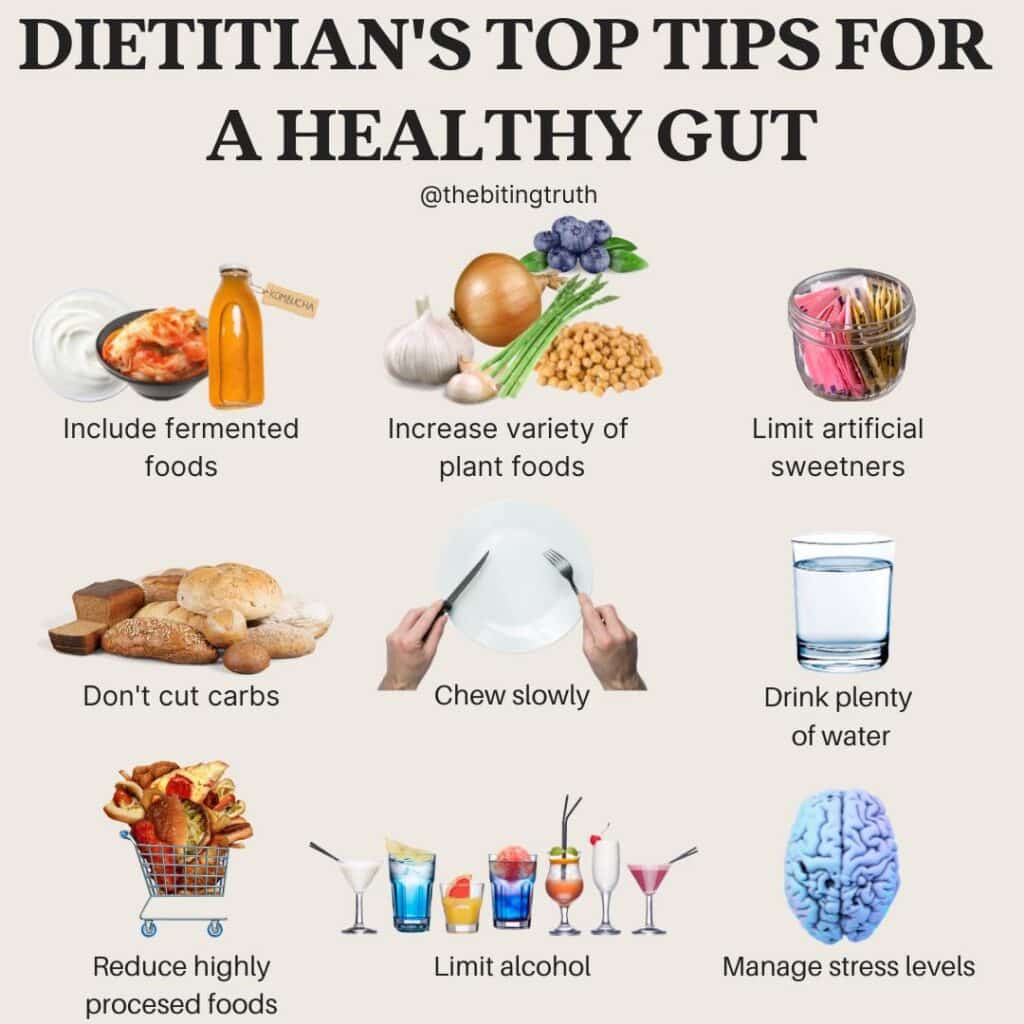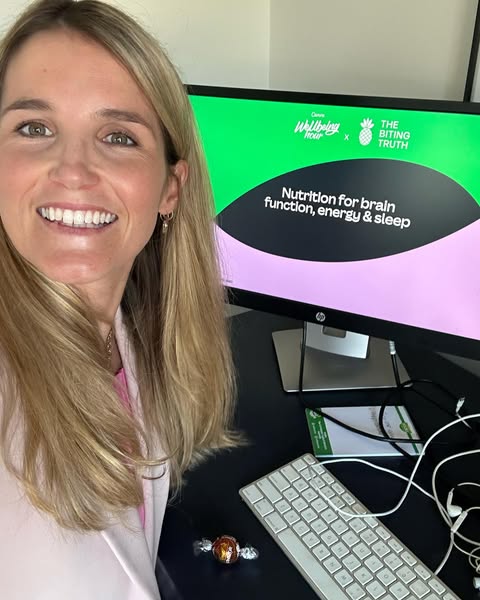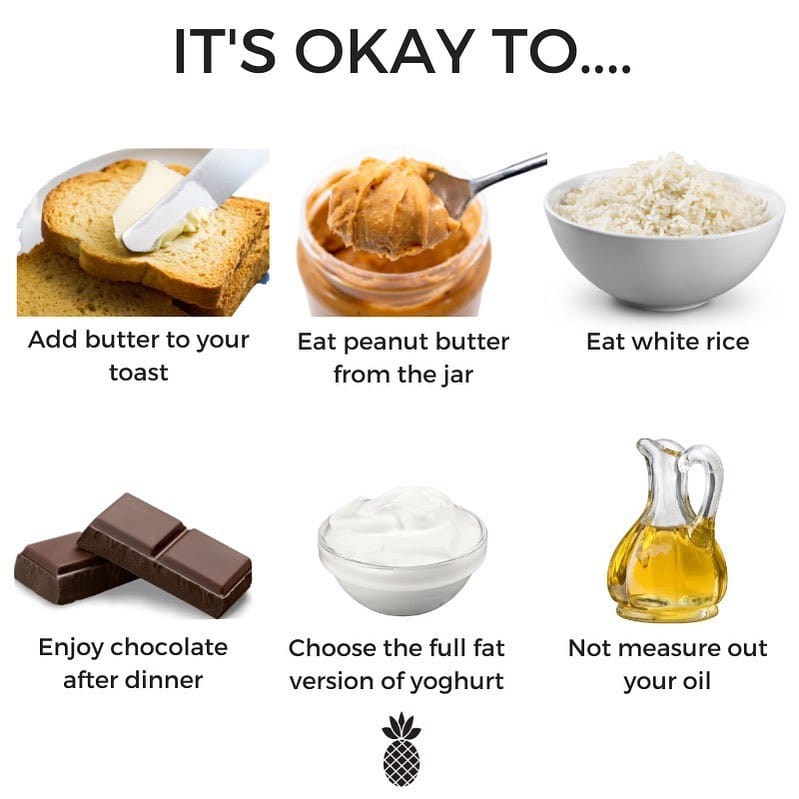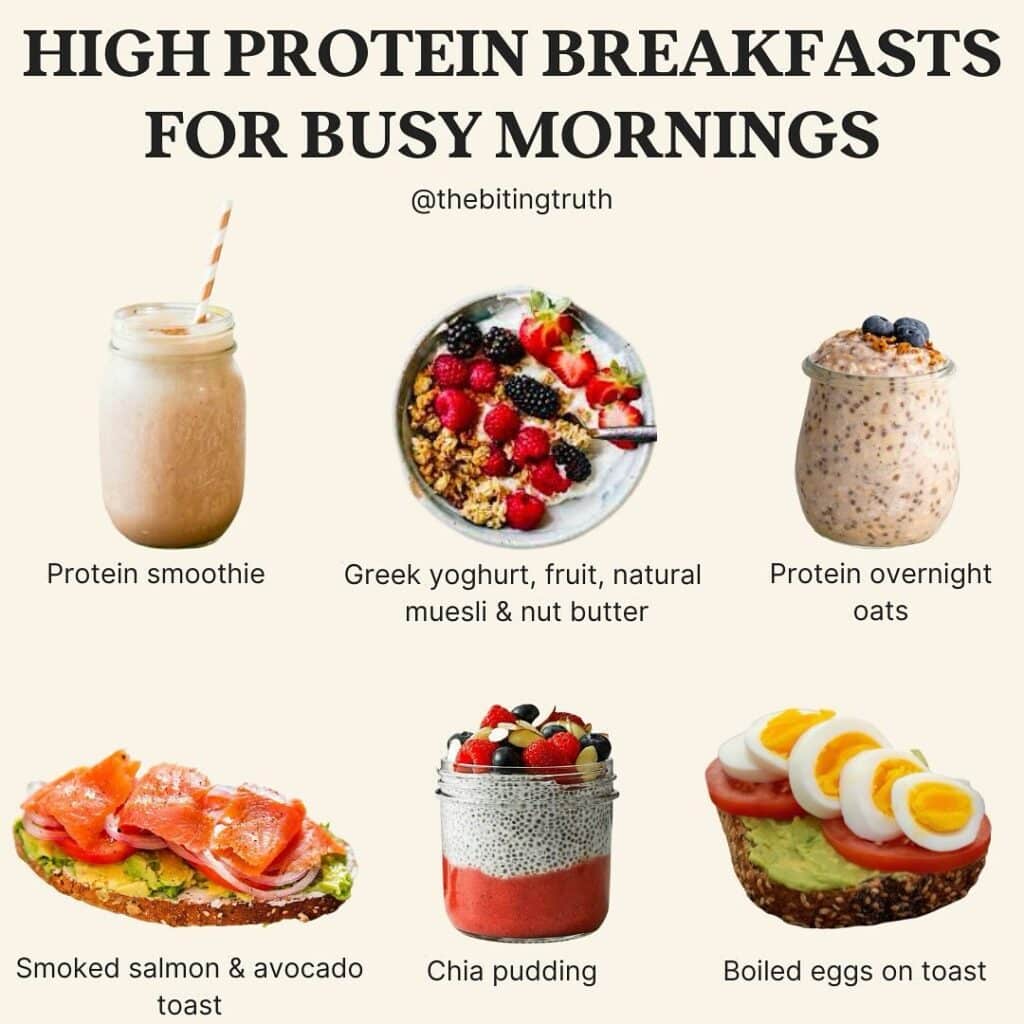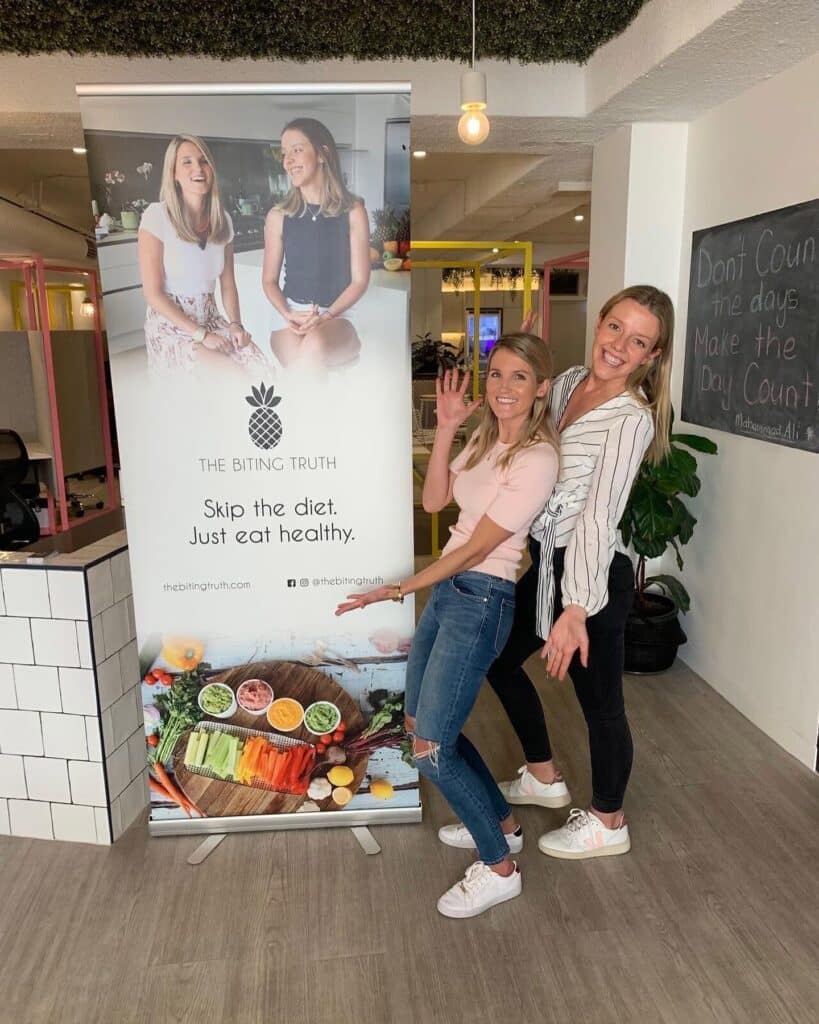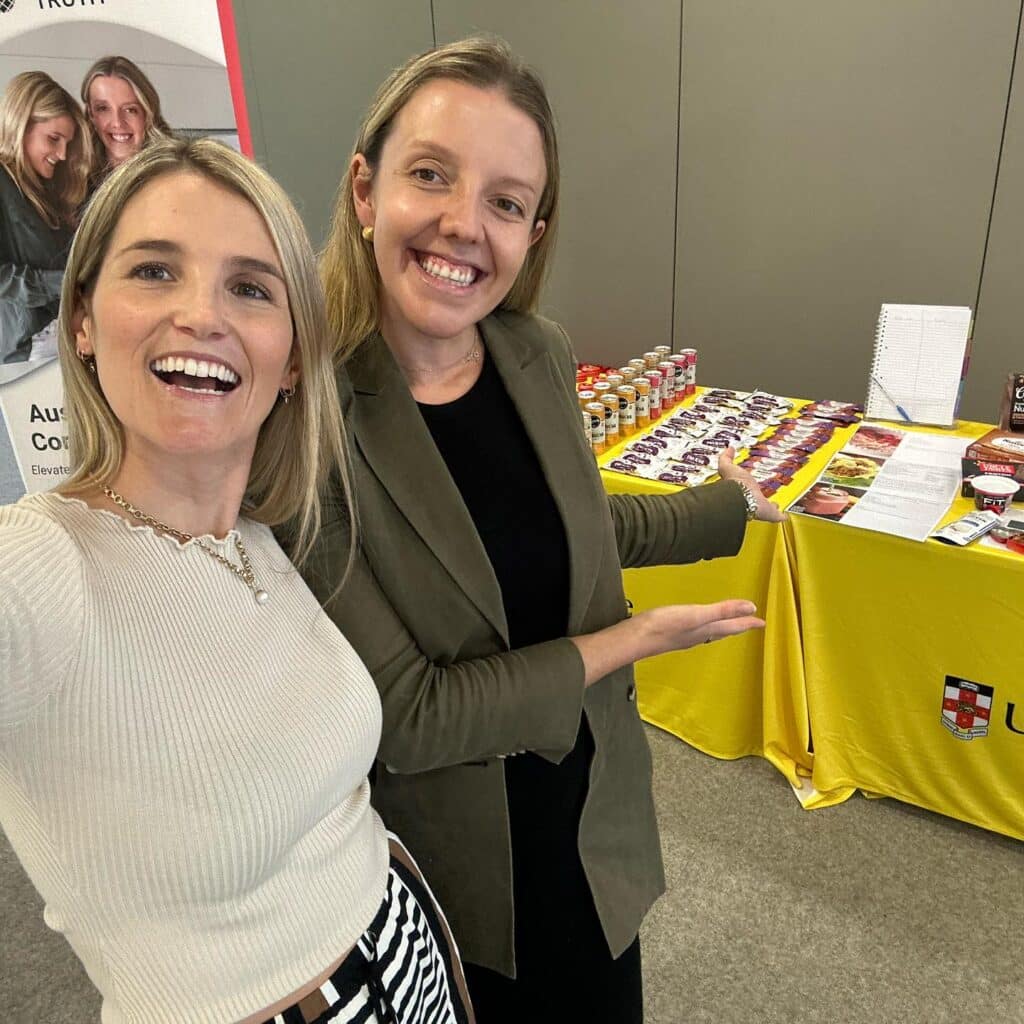With the plant-based movement in full swing, it’s more important than ever to recognize which particular nutrients need a little extra attention if you are cutting out or cutting down on meat and animal products. One of these all-important nutrients is Vitamin B12. Falling short of your requirements can have serious and permanent consequences – so listen up for a run down on this vital nutrient.
Vitamin B12 (also called cobalamin) is a water soluble vitamin, meaning it dissolves in water and travels through blood system (like all B vitamins). It plays a variety of key roles in the body including:
Naturally, Vitamin B12 is created by bacteria that live in our digestive tracts. Unfortunately for us humans, its produced in the colon, which means its too far down the digestive tract to be absorbed by the body. Our bodies rely on Vitamin B12 from food or supplements. Our stomachs release Intrinsic Factor (IF) which binds to Vitamin B12 and allows it to be absorbed. Almost all Vitamin B12 in the diet comes from animal sources. This can make it quite challenging to meet your requirements when following a plant-based diet – but not impossible!
Vitamin B12 rich foods:
Human requirements for Vitamin B12 are lower than any other nutrient, with most adults requiring only 2.4 micrograms per day (a little more for pregnant and lactating women and a little less for children and younger adolescents). There is no Upper Limit to how much B12 you can safely consume in your diet as our bodies have an ability to slow down absorption rates of Vitamin B12 when we reach adequate amounts.
| Food | Micrograms B12 per serving |
| Beef | 1.4ug |
| Lamb | 2.6ug |
| Chicken | 0.3ug |
| White fish | 3.5 – 5.4ug |
| Salmon | 4.3ug |
| Egg (1 egg) | 0.8ug |
| Milk | 1.2ug |
| Yoghurt, plain | 1.1ug |
The list above shows that if you are consuming animal products as part of a healthy diet, it is relatively easy to reach the recommended daily intake of vitamin B12, which is why B12 deficiencies are rare.
Because of the relatively large stores of B12 in our livers (there is enough to last several years), the onset of B12 deficiency is usually quite gradual. Inadequate intake is not typically the cause of a deficiency, rather malabsorption is the usual culprit. Nonetheless, a deficiency can result in symptoms that affect the blood, the brain and the gut.
If you’re not getting enough B12, you might experience ‘brain fog’ which will make you feel like your memory is hazy and you’ll find it difficult to concentrate. People with a B12 deficiency can also feel weak, fatigued, constipated, anaemic and even depressed.
Older people are more likely than others to have a deficiency as they have reduced capacity to absorb the B12. Further, pregnant and lactating women have increased requirements to ensure optimal development of their baby and to prevent a low birth weight and stunting in their child. For these reasons, some people may require supplementation, so be sure to speak to your doctor or dietitian to ensure you’re getting enough of this key nutrient!
If you are concerned you may not be getting enough vitamin B12 through your diet, we would recommend getting a blood test.
Pregnant and lactating vegan and vegetarian women should ensure that their intake of vitamin B12 is adequate to provide for the developing baby. An infant born to a vegan mother is at high risk of deficiency if the mother’s vitamin B12 intake is inadequate and her stores in the liver are low.
While we always advocate for a food first approach, and it is relatively easy to reach your daily vitamin B12 requirements, supplementation may be required for certain individuals.
The research indicates that for those not getting enough through their diet, or for people with absorption issues, supplementation is an effective way to achieve adequate intakes. Further, because there is no upper intake (this basically means that there are no known problems of consuming too much vitamin B12), supplementation has not found to be harmful to health in any way.
There are a variety of supplements available including oral supplements, lozenges, oral sprays, injections. We recommend speaking to your doctor to find the most appropriate supplement for you.
For more information on vitamin B12, please visit:
Other blogs you might be interested in:
—
